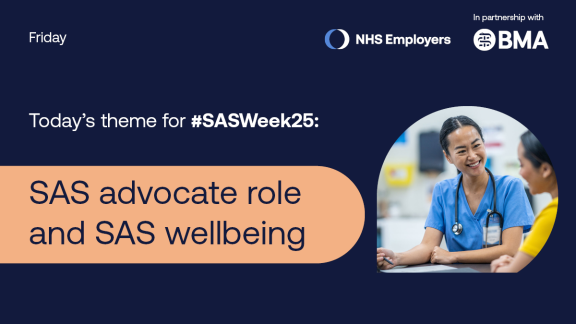New guidance around legal duty to prevent sexual harassment

The Worker Protection Act (amendment of Equality Act 2010) will come into force on 26 October 2024 and will change the duty on employers from redress to prevention. This means all employers will be required to take proactive steps to prevent sexual harassment.
The Equality and Human Rights Commission (EHRC) has published a new 8-step employer guide and updated technical guidance about the new duty. These guides help employers to understand their legal responsibilities in relation to:
- harassment, victimisation and the preventative duty
- the steps they should take to prevent harassment and victimisation at work
- what they should do if harassment or victimisation occurs.
The guides use examples to illustrate some of the practical steps employers of different sizes and types can take to eliminate harassment in the workplace.
This CIPD article outlines the priority areas to focus on, which include culture change, training and reporting channels.
Other resources
- NHS England has released a charter on sexual safety at work, which asks employers to commit to a zero-tolerance approach to any unwanted, inappropriate and/or harmful sexual behaviours towards our workforce.
- The Association of Ambulance Chief Executives (AACE) and the Office of the Chief Allied Health Professions Officer (CAHPO) have launched three publications aimed at reducing misogyny and improving sexual safety in the ambulance service.
- Learn about NHS Project S, a campaign to improve working conditions in the NHS, focusing on discrimination and workplace safety, and particularly the safety of women working in healthcare.
- Visit the Surviving in Scrubs web page to find out more about their campaign to end sexism, harassment and sexual assault within healthcare.
- Read this blog from Dr Kathy McLean to understand why she believes all NHS boards must sign up to the NHS Sexual Safety Charter.
- In 2023, the BMA launched a pledge to tackle gender discrimination in medicine. This followed a survey that showed a shocking 91 per cent of women doctor respondents in the UK had experienced sexism at work with 42 per cent feeling they could not report it.
- Join the Health and Care Women Leaders Network, a free network for women in the NHS and broader health and social care sector. The network is a diverse community of talented professional women who connect through events, networking and shared learning.
- Access the Health and Care LGBTQ+ Leaders Network’s latest infographic which highlights that that 19 per cent of bisexual NHS staff, and 15 per cent of transgender NHS staff, have experienced unwanted sexual behaviour from patients, relatives and visitors. It explores the growing LGBTQ+ staff experience gap, and actions you can take to support LGBTQ+ colleagues working across health and care.



